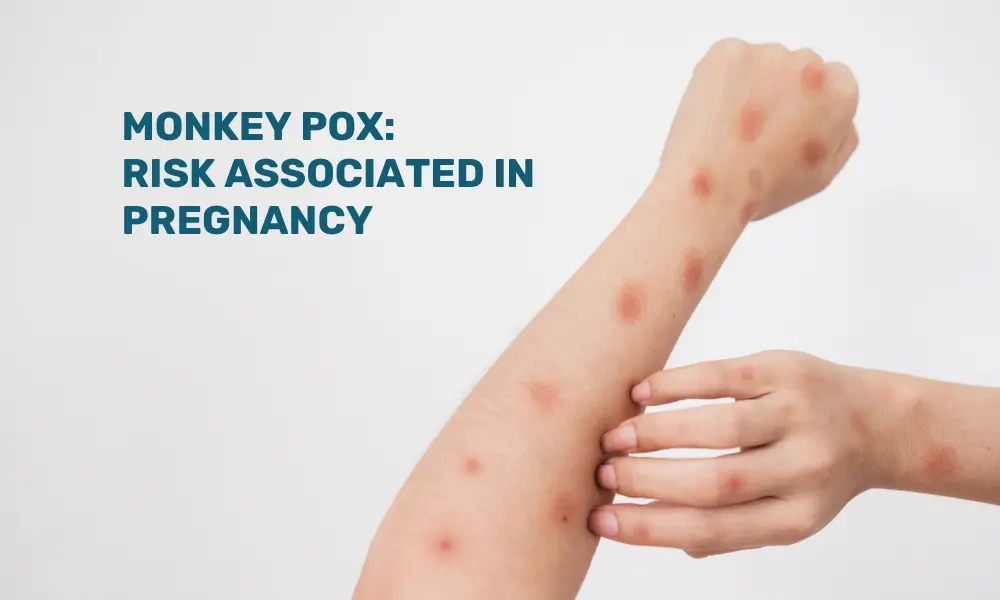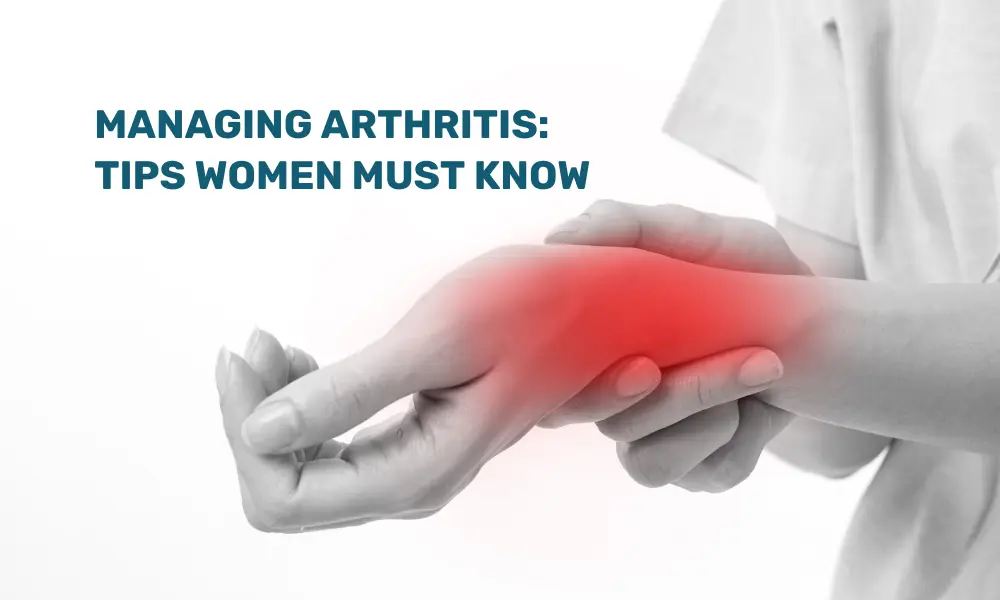Monkey Pox cases are on a surge in India. The first suspected Mpox case was a young male who had returned from a country having an outbreak of this health condition. However, the Ministry of Health has reassured the public that there is no reason for panic, as the country is well equipped to isolate individuals with such travel history to control the incidents of mpox.
While precautions are being taken by authorities to control the outreach of this disease, there are certain sets of people who are at higher risk. This includes pregnant women. Pregnant women are highly vulnerable to infectious diseases like Mpox due to changes in their immune system.
Monkey pox spreads through close physical contact or contaminated objects and presents serious risks to expectant mothers and their unborn babies.
Infection in pregnant women can cause severe illness, complications, and the possibility of vertical transmission to the fetus.
Here are some important facts about Monkey pox and pregnancy:
Vertical Transmission: Mpox can pass from the mother to the fetus through the placenta, causing preterm birth, congenital Mpox (resulting in severe fetal infection), or even miscarriage or stillbirth in extreme cases.
Severe Illness: Pregnant women might experience more intense symptoms due to their altered immune response, making them more vulnerable to infections.
Complications For Newborns: Infants born to mothers with Mpox are at a higher risk of infection, which can lead to issues such as skin lesions, respiratory distress, and fever.
Symptoms of Monkey pox in Pregnant Women
Symptoms of Mpox in pregnant women are similar to those in the general population but may pose additional risks due to pregnancy. Common symptoms may include:
- Fever and Chills
- Headache and Muscle aches
- Fatigue
- Swollen lymph nodes
- Rash that progresses to pustules, typically beginning on the face and spreading to other body parts
- Sore throat and Cough
Precautionary Measures for Pregnant Women from Monkey pox
Here are some measures you can take to keep expectant mothers safe:
1. Avoid contact with persons infected: Mpox spreads through skin contact, so it is important to stay away from anyone showing symptoms, including rashes, lesions, or fever.
2. Hygiene Practices: Regular handwashing, not sharing personal items and disinfecting surfaces can help reduce the risk of transmission.
3. Safe Animal Handling: Pregnant women must avoid contact with animals that might carry the virus, such as rodents or primates, particularly in regions where Mpox is prevalent.
4. Vaccination: Pregnant women exposed to Mpox should consult their healthcare provider about the smallpox vaccine, which offers some protection against Mpox. This decision should be made carefully, considering potential risks to the fetus and under the doctor’s guidance.
5. Regular Medical Consultation: If pregnant women suspect exposure to Mpox or develop symptoms, they should seek immediate medical advice for accurate diagnosis and treatment.
Taking necessary precautions is important for expecting mothers, as negligence may prove fatal for them and their growing baby.
FAQ on Monkey Pox
Is Monkey Pox a risk to pregnant mothers?
Since pregnant women have low immunity, any infection can be dangerous. Mpox, too, can be dangerous for pregnant women and their unborn babies.
What is the treatment for Monkey pox?
There is no specific treatment approved for mpox. Healthcare professionals may treat mpox with some antiviral drugs.





